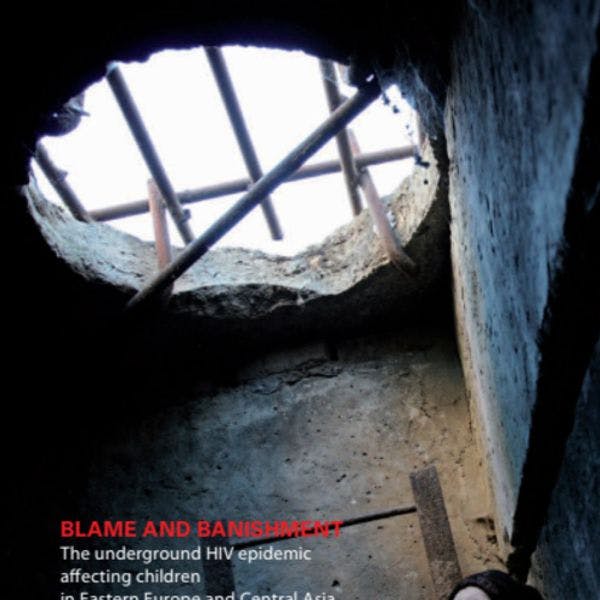Castigo y rechazo: la epidemia oculta de VIH que afecta a los niños y niñas de Europa Oriental y Asia Central
Este informe de UNICEF da vida a las experiencias de niños y niñas, familias y jóvenes que viven con el VIH. Más información, en inglés, está disponible abajo.
Suscríbase a las Alertas mensuales del IDPC para recibir información sobre cuestiones relacionadas con políticas sobre drogas.
Eastern Europe and Central Asia continue to see rapid increases in HIV infections among men, women and children. Despite some notable successes in responding to the epidemic, it is unlikely that the Universal Access targets and the Millennium Development Goals (MDGs) related to HIV/AIDS will be achieved. Access to antiretroviral treatment is still among the lowest in the world, and stigma and discrimination that violate the basic rights and dignity of people living with and affected by HIV, including children, are hampering further progress in prevention, care and support.
This report brings to life the experiences of children, families and young people living with HIV. It gives voice to their stories of despair, stigma and social exclusion, as well as to their courage and hope. It explores the systemic failures in responding to their needs and outlines some good practices. It also describes the contradictions that children and young people, particularly those who are most at risk of HIV, face on a daily basis: societies insist that they conform to social norms, yet exclude them and brand them as misfits; health and social protection systems do not serve their needs and diminish their chances of living normal lives, but blame them when they fail to cope. The report also features some compelling photographs of the realities of living on the edge.
Policy reforms, programmatic shifts and a reallocation of resources to strengthen health and social protection systems are required if the further spread of the epidemic is to be halted. Reforms must aim to expand and grant equitable access to services for all, including those who are currently excluded and missed. Successes in HIV prevention, treatment and care can only be increased and sustained if they are underpinned by social environments that advance human and child rights, gender equality and social justice. Blame and Banishment is a call to address the remaining gaps in the response to HIV in the region. It is a call for protecting the rights and dignity of children and young people who are vulnerable, at risk and living with or affected by HIV. It is also a call to build an environment of equity, trust and care rather than blame and banishment.
Keep up-to-date with drug policy developments by subscribing to the IDPC Monthly Alert.
Descargas
Temas
Regiones
Perfiles relacionados
- UNICEF
